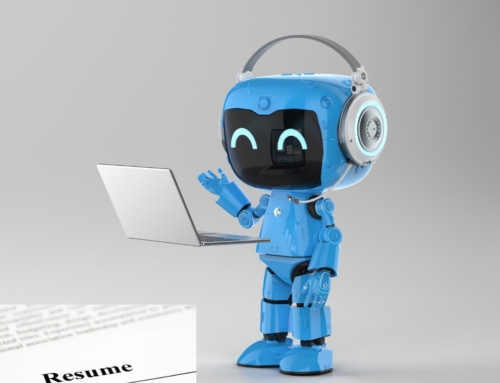When you’re matching a job candidate to a specific position, it’s rather simple to assess whether they have the technical skills you’re looking for. These hard skills are pretty much clear-cut information, and easy to verify. But what about soft skills?
According to the National Soft Skills Association, soft skills may differ but they “…all include an element of effectively interacting with other people.” As an employer, you know first hand how important successful interactions are. How do you come to terms with which soft skills you should look for in a candidate?

Think About Your Needs
Take some time to assess which soft skills are pivotal to your team. A potential employee can wow you with their independence, but if the job relies heavily on teamwork, that might not be the best asset to suit your needs.
What is the employee’s role? Are you looking for them to do project management? Lead a team? Have customer and client contact? Again, look at their role and think about which soft skills are imperative.
Along with taking the above ideas into consideration, there are a number of soft skills that should be high on your list. Let’s take a look.
Communication Skills
No matter what the job position is, good communication is a must. Even if an employee crunches numbers all day in a cubicle, eventually they will need to communicate with someone. You want to avoid mistakes made by miscommunication. Having people on your team who are skilled at getting in touch, staying in touch, and being articulate will help you succeed.
Critical Thinking Skills
Good critical thinking skills are invaluable. What are they? When someone has good critical thinking skills, it means that they can look objectively at an issue and make a clear decision based on evidence, not influence. Too often people jump to conclusions and make decisions based on emotional reactions or personal bias. When people make this type of a decision, it can often come back to haunt them.
Another aspect of critical thinking is using what you know and adapting it to new situations. If an employee solved an issue at a previous job or situation, they can take what they learned and transfer the knowledge to the new scenario. They’ll ask themselves what worked, what didn’t work, and what will work in this instance.
Self-Awareness
Being self-aware is a trait that will help an employee succeed. And in turn, it’ll help your team be successful. They’ll take a good look at themselves and understand where they need to grow. Instead of being defensive at review time, they’ll take what you say to heart and work on improving their weaker points. It’s a tough sell when mentoring and guiding employees who have little or no self-awareness. Highly successful people can be objective about their own strengths and weaknesses, and work to better themselves along their journey.
Emotional Intelligence
This is a rather vague skill, but once you understand how to recognize it, and its importance, you’ll look for it every time. Can an employee handle their emotions? Being emotionally charged and pushing back constantly creates chaos and uncertainty. Does the employee react from a rational place or an emotional surge? Do they have the ability to understand the energy of a room and know what works with a particular audience? Every job and workplace has its own set of frustrations. Look at how an employee handles these frustrations. Do they create embarrassing moments for themselves and for the team? Or are they steady on their feet and save the outbursts for when they get home? No one wants to walk on eggshells when dealing with an employee. Hiring someone who clearly shows emotional intelligence will be more beneficial than you can imagine.
Adaptability
How often have you been told that the project you’ve been working on is suddenly on hold? The last thing you need is for an employee to create tension over this when it’s totally out of your control. Throughout the course of their employment, staff members will be told they need to learn a new skill, use a new type of software, take a class, or travel to a convention. They might even have to pack up and move their workspace to a new location. It’s so nice when your employee says okay and goes with the flow. Nothing is static or stays the same forever, and having employees who can adapt to new situations is a huge asset. More time spent doing your job and less time spent appeasing someone’s displeasure.
There are quite a number of other soft skills that are worth noting such as being a team player, using problem-solving skills, and being able to resolve conflicts. However, the ones noted in the list above are worth paying particular attention to. So the next time you’re interviewing a job candidate remember that soft skills are just as important as hard skills. And it’s good to know that through mentoring, understanding, guidance, and maturity, most people can learn to improve their soft skills and grow in their role.
Would you like assistance in vetting candidates and help recognizing their skills? MassHire Cape & Islands Career Center is a career services agency on Cape Cod. Visit us or call our Cape Cod career center at: MassHire Cape & Islands Career Center 508-771-JOBS (5627).




